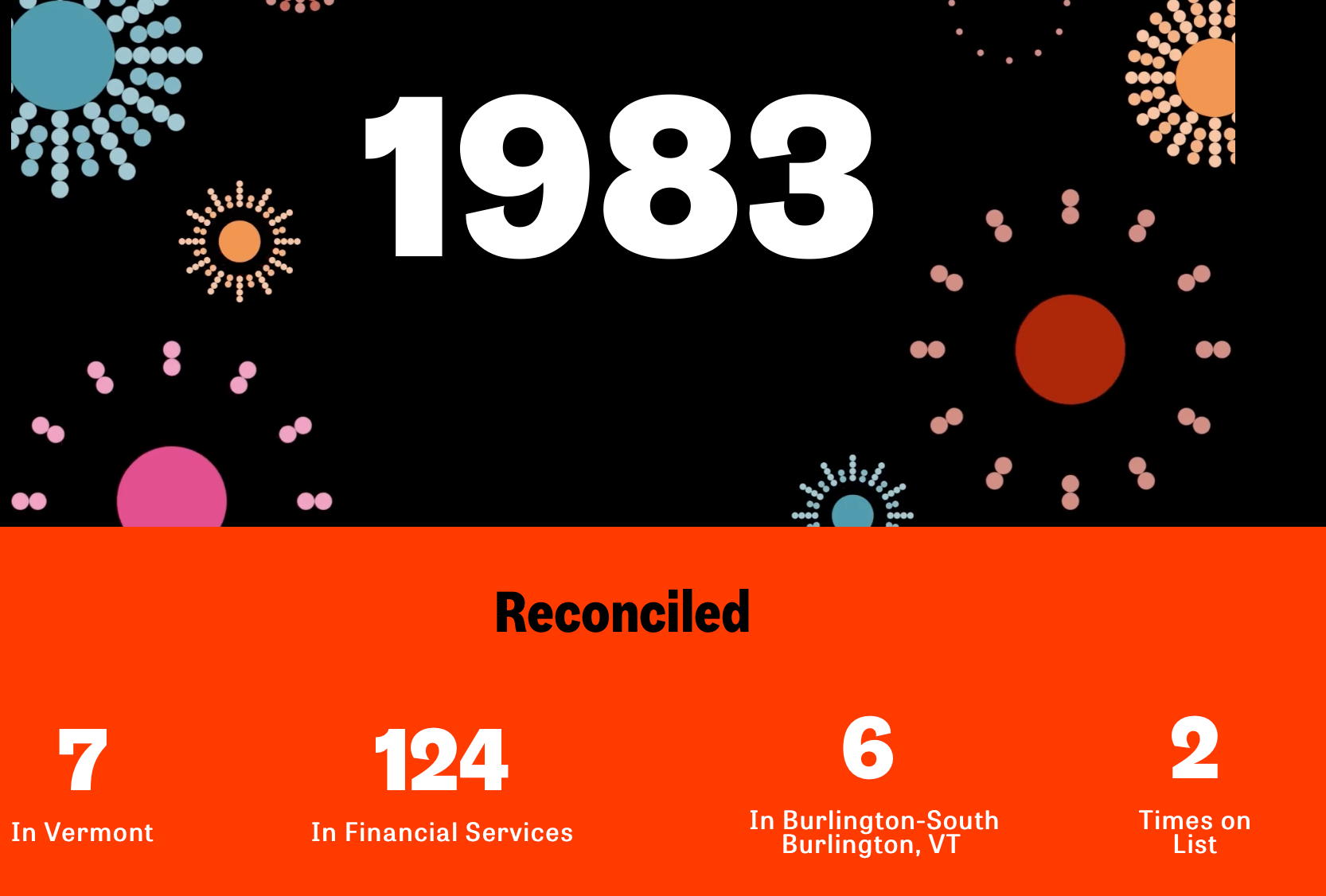I participated recently in a blockchain panel held by the Vermont Technology Council as part of Vermont Innovation Week 2018.
I was joined on the panel by Chris Day, business advisor to RapidQube; Ethan McLaughlin, partner at Gravel & Shea; and Josh Decatur, founder and CEO Trace. I’ve long been fascinated by blockchain technology — especially its potential for disrupting the accounting industry — and I recently received my certification as a blockchain expert from Blockchain Council. I wanted to share here some of the insights from the panel and what I think the biggest opportunities and challenges are for the United States as we dive deeper into this innovative technology.
What is blockchain?
Blockchain is essentially a decentralized distributed ledger. In opposition to our current financial system, where information about your funds is held in a centralized location (i.e., your bank), on the blockchain, the information is spread out across a network of computers. All of these computers are updating the information consistently and simultaneously. So, if you spend $20, every participant in the network is automatically aware of the purchase. As opposed to the current system, where the retailer that received the $20 payment has to contact the bank to see if you actually hold the funds to provide that payment.
Why all the hype about it?
Blockchain provides greater transparency and the potential for a higher level of trust in the information because everyone agreed upon it. Would you be more likely to trust a single person who told you that they saw your dog eat a cupcake off the table during a housewarming party or 20 people who were all in the room and saw it when it happened? That’s part of the power of blockchain.
Is it here to stay?
Blockchain transactions are happening all over the world as you read this, and the technology isn’t going away. But, it is a bit slower to take hold in the United States, where we place a higher premium on privacy. We assume non-disclosure of our financial information until we provide voluntary disclosure. So for instance, we assume that our bank account information will remain private unless we give access to, say, a mortgage loan application. In many other countries, voluntary disclosure isn’t necessary because the government has already created built-in direct access where they can see everything that’s happening in a person’s bank account without getting their permission. In the US, we would probably characterize that as privacy intrusion, but it’s the expectation in many countries. In those places, it has proliferated more quickly — in part because the privacy concerns that exist among Americans about a financial system that includes a high level of transparency simply don’t exist there. But, that doesn’t mean that in order to grow the use of blockchain in the United States we have to give up all our expectations around privacy.
Making blockchain work for us
Both public and private blockchains can create protocols that define user rights to information so that everything isn’t transparent and available to everyone all the time. As the governance of it becomes a bigger issue, different blockchain protocols will battle against each other to become the standard. The winner will be the most efficient, accessible, and affordable. Because the government is traditionally too slow to catch up with technological changes, we’ll likely end up seeing blockchain standards set by a voluntary governing body — like the AICPA governs public accountants. While blockchain has applications across industries, those of us who work in the financial field would be wise to learn all we can about the technology and begin strategizing about how we’ll use it to innovate in our own businesses. Read more articles by Michael Ly.
The post From the CEO: The Future of Blockchain in the United States appeared first on Reconciled.
Recent Posts







